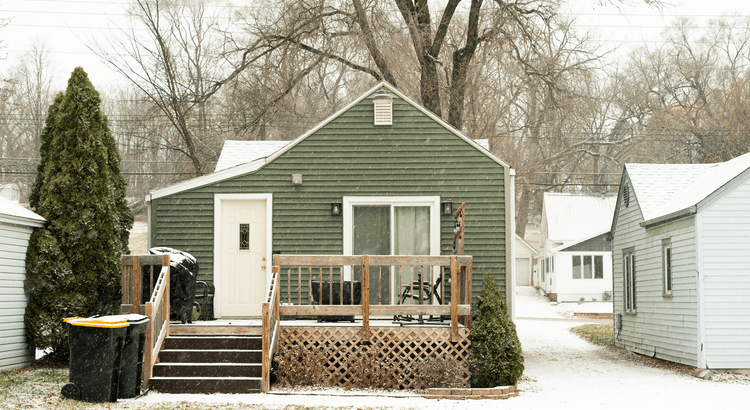3 Trends Set To Impact Real Estate
The real estate business is going to be shaken up by a changing mindset on how consumers want to live, work, and even drive.
The Urban Land Institute recently brought together a group of technology and real estate thought leaders who shared what innovations they think will have the most impact on the real estate business in the coming years.
Read more: Reenvisioning the Way We Live
The key takeaway: consumers and businesses are looking for ways to make real estate more efficient, more adaptable, and easier to share.
1. Flexibility. The panelists believe that flexible leasing options that align with what's happening in the market, adaptable building design and land use, and seeing tenants more as partners rather than clients are key trends that will impact commercial real estate. Seeing tenants as partners and collaborators was a big theme of the overall discussion.
“We need to align real estate providers’ interests with those of their tenants,” says Patrick L. Phillips, global chief executive officer at the Urban Land Institute. He listed WeWork, a company that provides coworking space, as an example of this push towards collaboration. “Yes, that is a real estate business,” adds Phillips. “But it’s also about creating an ecosystem of companies that benefit from close proximity to one another."
2. Driverless cars. A recent report revealed that we can expect autonomous vehicles to be in wide use in three years, and thought leaders agree that driverless cars will have a huge impact in the real estate industry, particularly in the evolution of cities. Driverless vehicles “will change the way that we think about designing cities,” says Randall K. Rowe, global chairman of the Urban Land Institute. However, it remains to be seen if driverless vehicles will prompt buyers to move to urban areas or if these vehicles will actually contribute more to city sprawl. These vehicles will also shape city planning efforts, since most likely they will have to redo building codes and parking requirements.
3. A culture of sharing. Co-working and communal living options are only growing in popularity. PivotDesk, for example, pairs small startups with other companies that have an excess of space and convinces them of the benefits of space sharing. “We’re so conditioned to think about our infrastructure and office space in a certain way,” says David Mandell, chief executive officer of PivotDesk. “You can leverage that asset,” he said. “Once they try it, they say, ‘I should have done this a year ago.’"
This move towards a sharing economy follows the recent trend of millennials in urban and expensive cities seeking out communal living experiences that not only save money and resources, but also create mutually beneficial social networks and a sense of community.
“The real estate industry has taken a linear approach instead of a disruptive one," says Mark Platshon, a senior adviser to BMW i Ventures, a venture capital firm. "But faster innovation not only will enable real estate businesses to cope with change, but also will create new business opportunities as well."
Source: "Why Real Estate Must Adapt to Fast-Changing Technology," (Oct. 19, 2015)


No comments:
Post a Comment